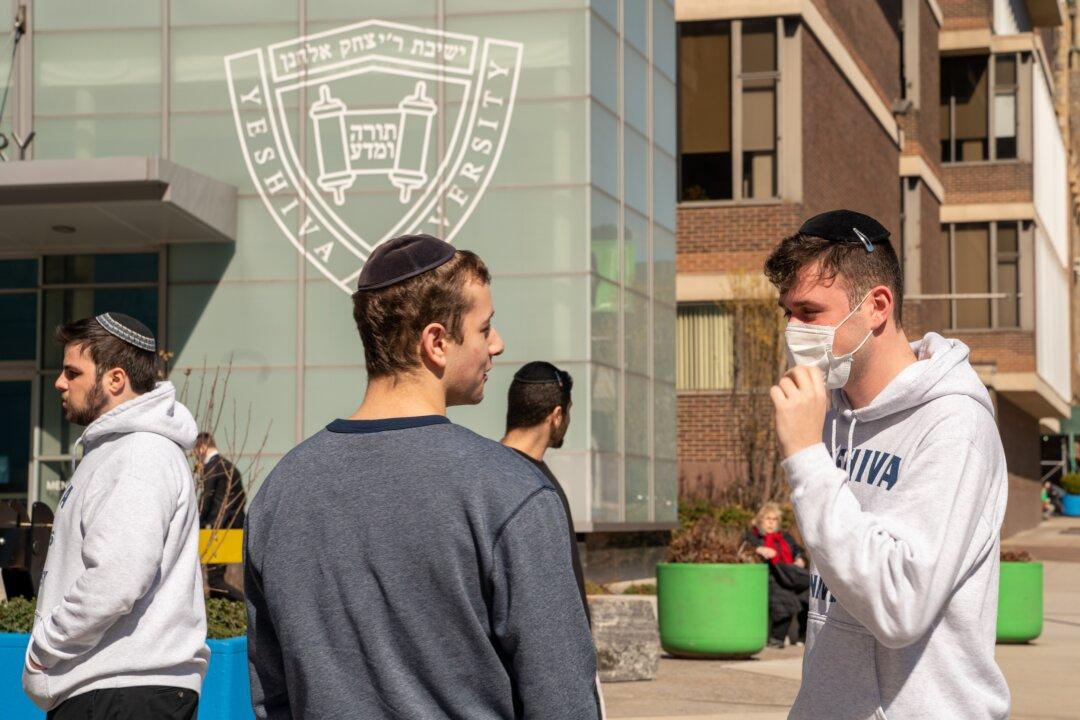A New York state appeals court in Manhattan has rejected Yeshiva University’s bid to deny official recognition to a campus LGBT group, an act the religious school argued would violate its values and constitutional rights.
The case appears destined to return to the U.S. Supreme Court, which issued rulings in an emergency posture in the dispute earlier this year. Three justices signed on to a dissent written by Justice Samuel Alito in which he said Yeshiva would likely prevail on the merits if the Supreme Court were to conduct oral arguments in the case.





